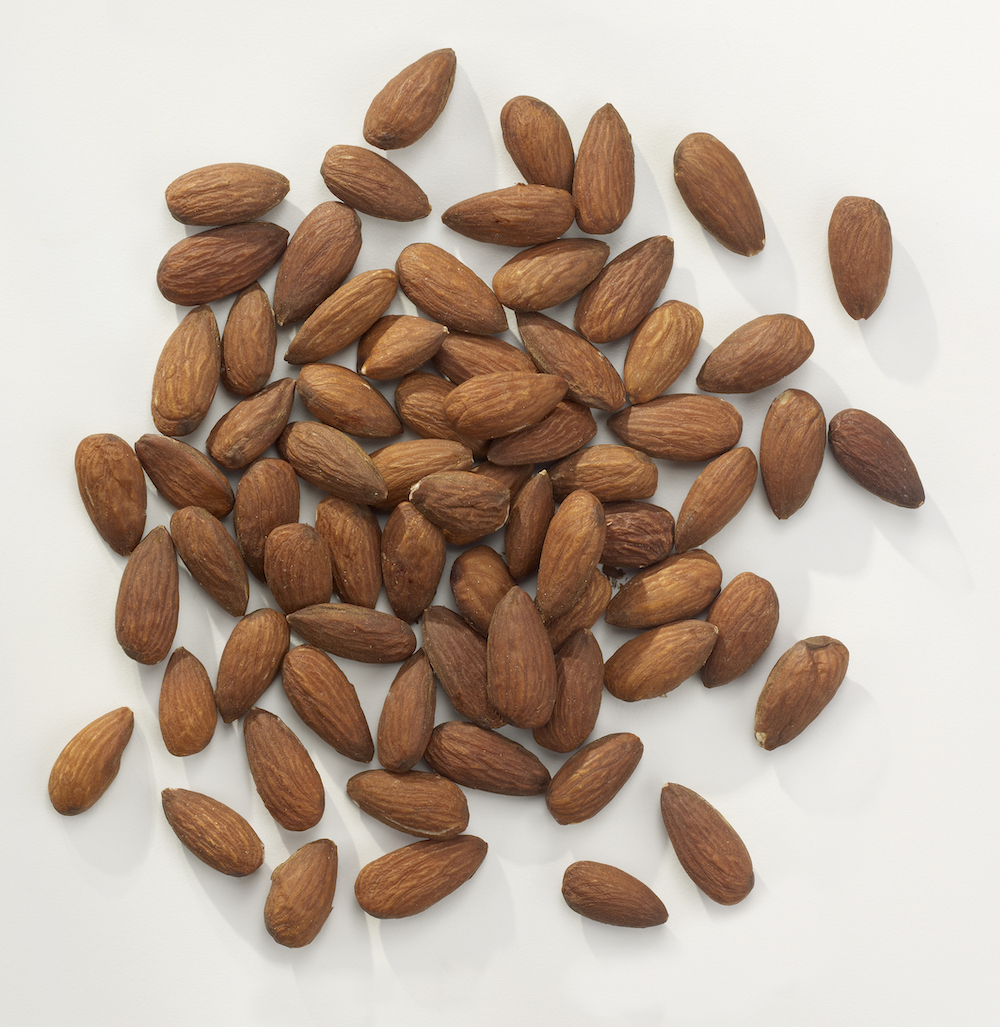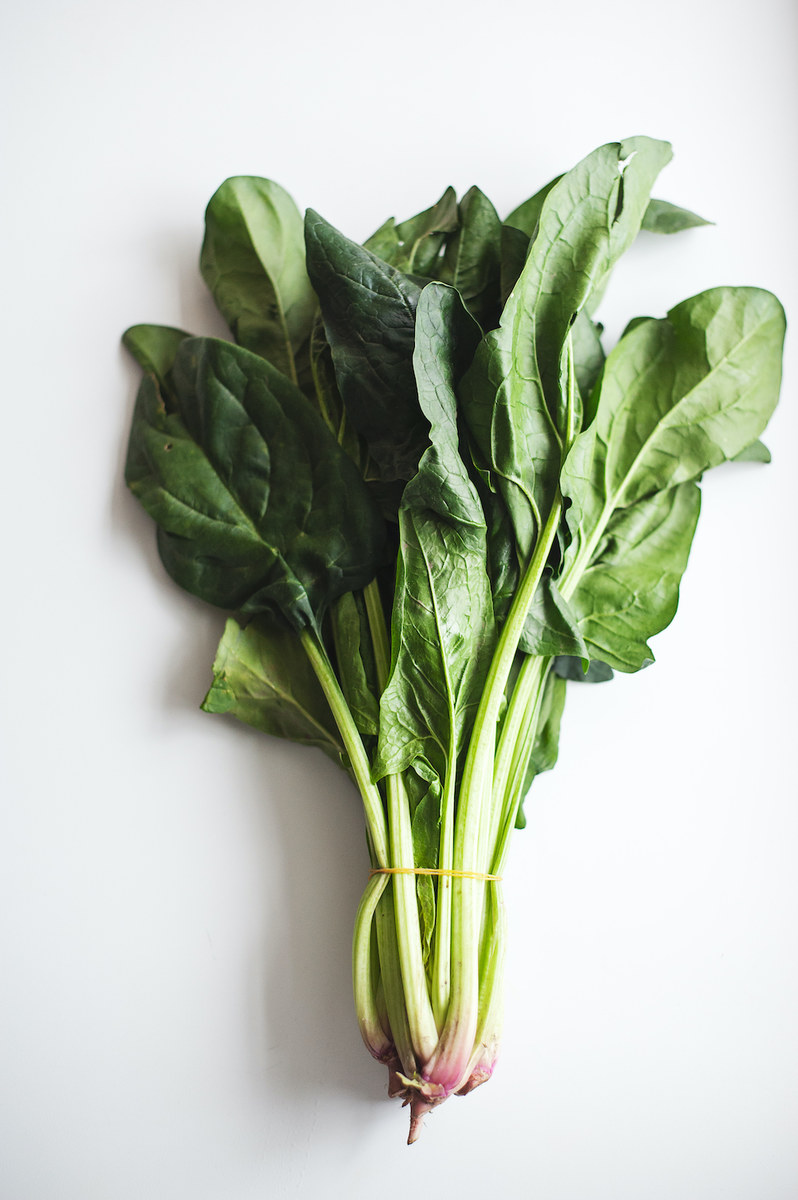Life Style: Ramadan Recipes: Four Seasons’ chef Rami Nasser’s tantalizing lamb shanks

LONDON: Most people break their fast with dates and water or laban, but there are a variety of other nutritious foods to incorporate into your iftar meals.
Opt for high-fiber meals and fruits and vegetables to promote electrolyte storage, quality proteins to maintain muscle mass and lots of fluids (mostly water) to maintain hydration.
You should avoid fried foods and sugary sweets, the latter of which is very popular at this time of year. Unlike proteins and carbohydrates, which mix well in your gastrointestinal tract, fats are incompatible with water and tend to sit on the top of the contents of your stomach and are not digested easily.
Below, the top five foods to break your fast with.
Cottage cheese
Breaking your fast with cottage cheese is ideal because it is already fermented, making it easier to digest while also delivering an excellent dose of protein to keep you full and less likely to go for sweets and cakes before your next meal.
White flakey fish (cod, halibut, haddock, flounder, sea bass or snapper)
Choose proteins that are easier to digest such as white flakey fish, especially during Ramadan when you’ve been fasting for a long time. Meat or poultry are a great source of protein but can be more difficult for the body to digest if you haven’t eaten in several hours.
Unsalted nuts (almond, brazil, walnut, cashew or pecan)

Nuts are high in nutritional content, healthy fats and protein, among many other things. Nuts are one of the best sources of protein and are a fantastic way to break your fast because they are a low-carb nutrient dense source of protein.
Apple cider vinegar
When it comes to health, this is the new kid on the block for many, with huge health benefits. This new super drink enhances general health in a variety of ways; it balances alkaline pH levels, most of the time we’re more acidic than alkaline due to bad diet. It also kills off bad bacteria in the gut. Hard to stomach on its own, so best mixed with a small amount of apple juice. I have found that one part apple cider vinegar (two tsp) to five parts apple juice works best, and that can be drunk daily.
Spinach

It might seem like an easy one and, yes, it is. When fasting, you might be depleted of some nutrients/vitamins and spinach is packed full of them: Vitamin A, C, K1, folic acid, iron and calcium. It’s no brainer and a vegetable that should be added by anyone wanting to increase nutrients and vitamins in a healthy and natural way.
Another thing to note is, you shouldn’t consume all of your daily requirements during iftar or sahoor, eating little and often is much better for you. Eating larger and less frequent meals could lead to being unable to use all of the energy you consume at once, potentially leading to weight gain because your metabolism adjusts to your differing eating habits during Ramadan.
Daniel Wells is a life coach and personal trainer at www.brandnewyou.co.uk
Noting that the news was copied from another site and all rights reserved to the original source.
xnxx,
xvideos,
porn,
porn,
xnxx,
Phim sex,
mp3 download,
sex 4K,
Straka Pga,
gay teen porn,
Hentai haven,
free Hentai,
xnxx,
xvideos,
porn,
porn,
xnxx,
Phim sex,
mp3 download,
sex 4K,
Straka Pga,
gay teen porn,
Hentai haven,
free Hentai,




